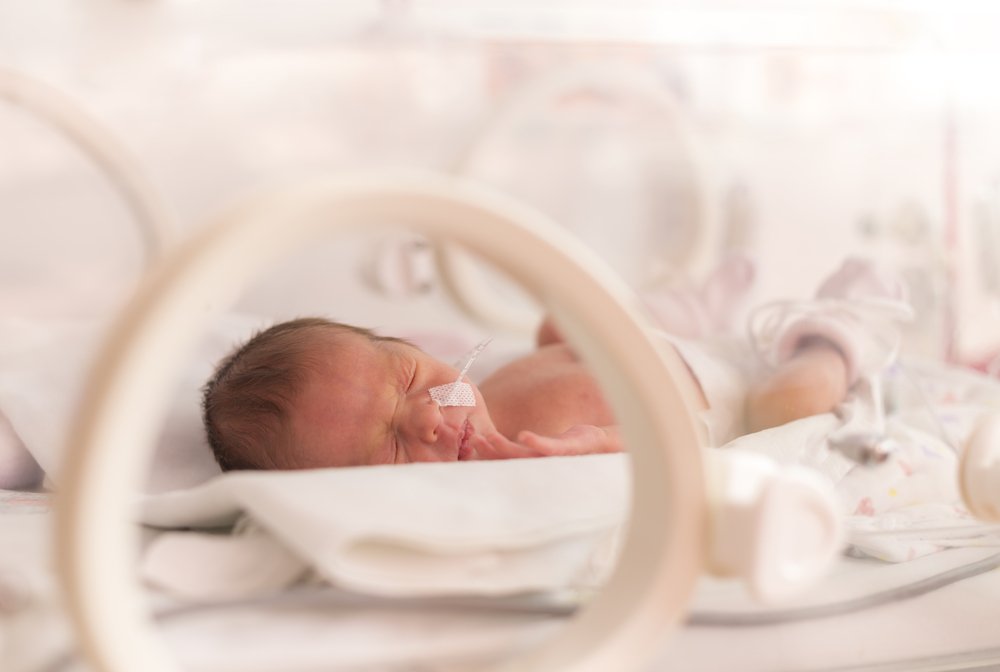Neonatal Lupus Syndrome Is Usually Mild and Short-term, Study Finds

Infants with neonatal lupus syndrome can have autoantibodies that fight other autoantibodies.
In this case, the autoantibodies doing the targeting are fighting SSA/Ro autoantibodies associated with the development of autoimmune diseases.
Now researchers have discovered that most infants with neonatal lupus syndrome who have the autoantibodies that fight SSA/Ro develop mild symptoms that disappear without treatment.
Severe complications can occur in infants with autoantibodies that ward off SSA/Ro, however. So researchers recommend prenatal screening of mothers with lupus or other autoimmune conditions and monitoring of infants for at least nine months.
The study, “Neonatal Lupus: Follow-up in infants with anti-SSA/Ro antibodies and review of the literature,” said more research is needed to establish whether monitoring should be extended until adulthood. The work was published in the journal Autoimmunity Reviews.
Neonatal lupus syndrome occurs when a woman passes autoantibodies that fight the SSA/Ro autoantibodies to a fetus.
Little research had been done on how the infants did after birth. So researchers at the Catholic University of the Sacred Heart in Italy decided to study first the fetuses and later the infants born to women with anti-SSA/Ro autoantibodies. Many of the newborns had other autoantibodies that were present in the mother as well.
Between 2004 and 2014 the team followed 50 infants with anti-SSA/Ro antibodies, both in the womb and after birth. After the babies were born, the team tested for antibodies again at 3, 6, and 9 months.
They detected congenital heart block in two fetuses. This is one of the most common symptoms of neonatal lupus syndrome, requiring a pacemaker to be implanted as soon as a baby is born.
Researchers also discovered abnormal heart activity in 10 percent of the fetuses. And several fetuses had blood cell counts lower than normal.
Mildly elevated liver enzymes were found in 56 percent of the babies at three months — a number that dropped to 40 percent at six months. Both blood and liver abnormalities peaked around three months.
In addition, researchers detected non-specific brain abnormalities in 18 percent of the fetuses, using ultrasound. Despite this, none of the newborns exhibited neurological symptoms. And brain imaging after their births did not show the abnormalities that showed when they were fetuses.
Although a skin rash is a typical feature of neonatal lupus syndrome, none of the babies had skin problems.
Based on the findings, researchers called for doctors to monitor pregnant women with the antibodies to try to detect a heart block before birth.
“[D]uring the first months of life, infants with anti-SSA/Ro Ab seem to develop only mild, transient and self-limited clinical manifestations, which in most cases are completely solved at 9 months of life,” the researchers wrote. “This consideration, together with the evidence that only 10% of infants had anti-SSA/Ro persistent in blood at 9 months, suggests that follow-up of these children could be performed until 6-9 months of life with good clinical safety.”
Since the study covered only the first nine months of life, researchers said they were uncertain how long doctors should monitor babies who still have autoantibodies at nine months.
“In the future, it would be clarified if a follow-up until adulthood would be indicated in cases with persistent anti SSA/Ro or in all infants born to mother with anti SSA/Ro,” the team wrote.





